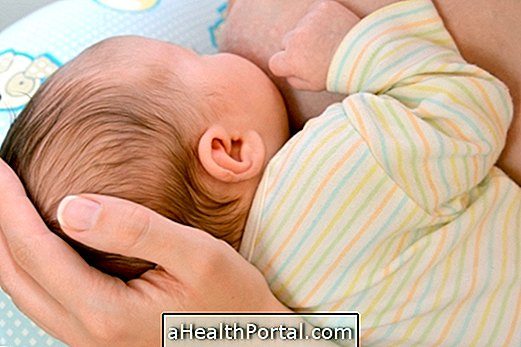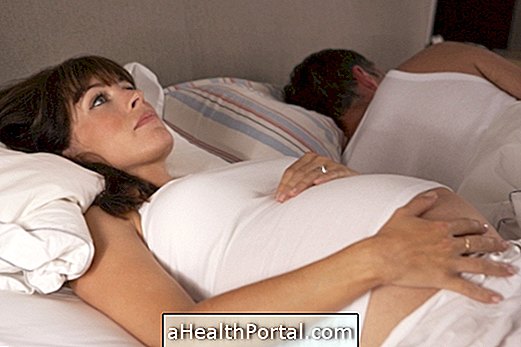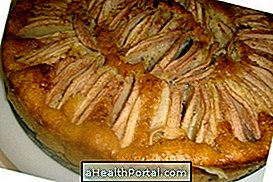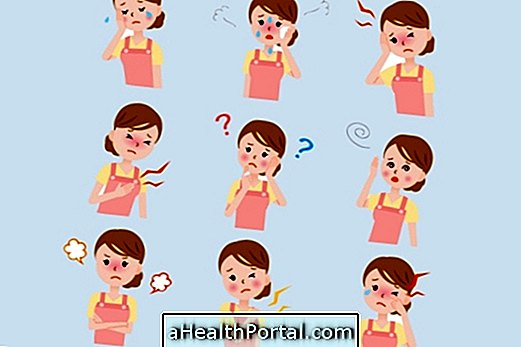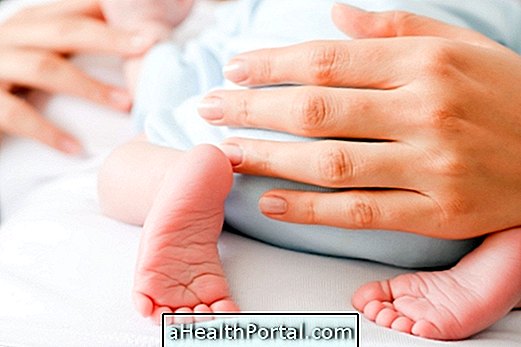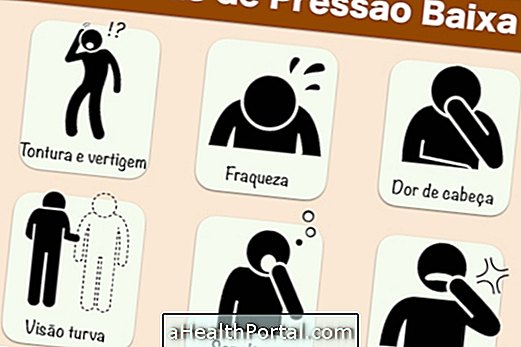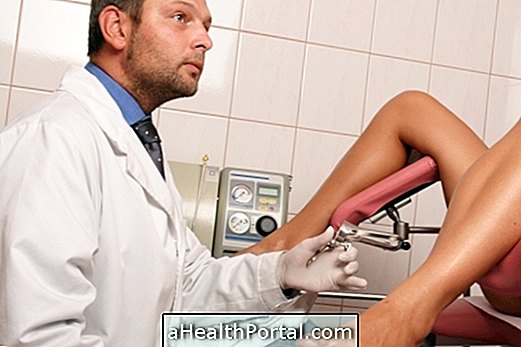The third trimester marks the end of pregnancy, which ranges from the 25th to the 42nd week of gestation. As the end of the pregnancy approaches the weight of the belly and the responsibility of taking care of a newborn, as well as the worry and the discomforts increase, but nevertheless this is a very happy phase because the day of catching the baby in the lap is approaching.
The baby grows every day and its organs and tissues are almost fully formed, so if your baby is born from now on you will be much more likely to resist, even if you need neonatal care. From the age of 33 weeks the baby starts to accumulate more fat, so it looks more and more like a newborn.
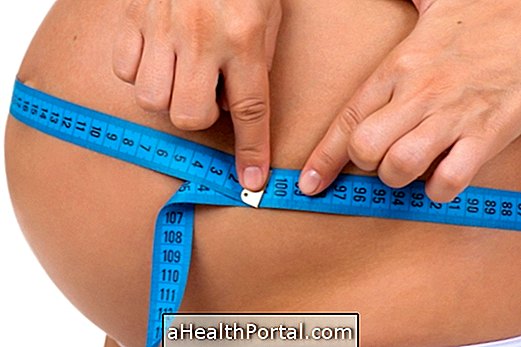
How to prepare for childbirth
Both the woman who wants a cesarean section and the one who wants a normal birth should prepare for the baby's birth in advance. Kegel exercises are important for strengthening the muscles inside the vagina, making it easier for the baby to exit and preventing unintentional loss of urine after birth, which affects more than 60% of women.
There are classes of preparation for childbirth available in some health posts and also in the private network, and are very useful to clarify doubts about the birth and how to take care of the newborn.
How to relieve the troubles of the third quarter
Although all symptoms related to pregnancy can accompany the whole gestational period, the closer to 40 weeks' gestation, the more uncomfortable the woman can be. Learn how to relieve the most common late-pregnancy symptoms:
Cramps: They appear mainly during the night. The solution is to stretch your legs before going to bed, although there are magnesium medications indicated to relieve the discomfort.
Swelling: Symptom most common late in pregnancy and is especially noticeable in the legs, hands and feet. Keep your legs elevated when lying or sitting, this relieves discomfort, and be aware of blood pressure.
Varicose veins: These arise from the increase in circulating blood volume and from weight gain. Avoid sitting cross-legged, sitting or standing for too long. Wear medium compression stockings to help improve circulation.
-
Heartburn: It happens when the pressure of the belly on the stomach causes gastric acid to rise to the esophagus more easily. To prevent this from happening, eat a little at a time and many times a day and avoid lying down right after your meals.
Back Pain: Caused by increased belly weight. Wearing shoes with a good support base helps relieve the symptom as well as avoid lifting heavy objects. Know what shoes should fit and what the best outfit.
Insomnia: Initial drowsiness can lead to insomnia, mainly due to difficulty in finding a comfortable sleeping position. Therefore, to get around the problem, try to relax, have a hot drink at bedtime and use several cushions to support your back and tummy, and remember to always sleep on your side.
Check out these and other tips in the following video:

See more options to deal with the discomforts of this phase in: How to relieve discomfort in late pregnancy.
When will the baby be born?
The baby is fully formed and ready to be born after 37 weeks of gestation but you and the doctor can wait until the 40 weeks of gestation to wait for the normal birth if this is the desire of the couple. If you arrive at 41 weeks, your doctor may decide to schedule the induction of labor to help at birth, but if you choose to have a cesarean delivery, you can also expect the first signs that the baby is ready to be born, such as the mucus plug.
Latest preparations
At this stage, the room or place where the baby will rest must be ready, and from the 30th week, it is good that the maternity suitcase is also tidy, although it may undergo some changes until the day of going to the hospital. Here's what to take to motherhood.
If you have not already done so, you can think of baby shower or a baby shower, since the baby will average 7 diapers a day in the coming months. Find out exactly how many diapers you should have at home, and what sizes are right using this calculator:


